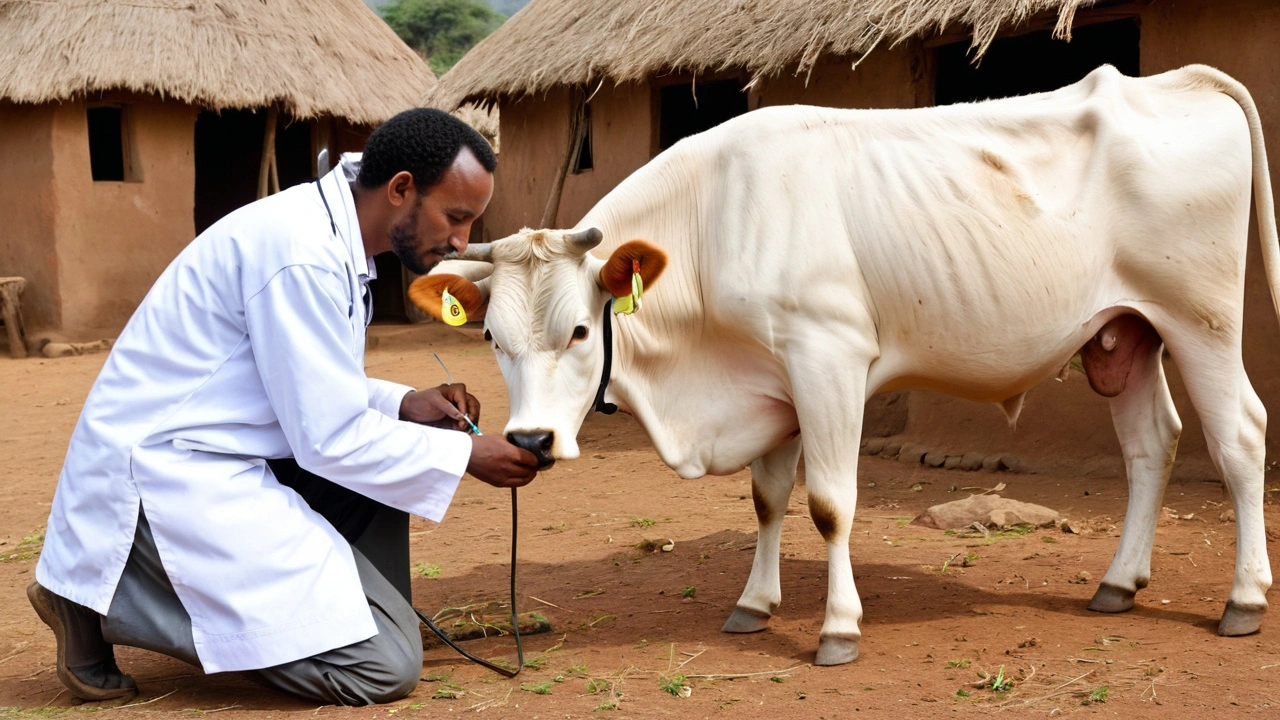Animal Doctors in Ethiopia: What You Need to Know About Veterinary Careers
Veterinarians in Ethiopia do much more than treat sick goats or give vaccinations to cows. They play a massive role in the country’s agricultural backbone, where livestock isn’t just food—it’s wealth, status, and security for millions. Working as an animal doctor here means your skills have a real, day-to-day impact on families and communities.
If you’re interested in this field, here’s the deal: Ethiopia’s demand for animal health professionals is growing. Farms, regional governments, urban pet owners, and even wildlife rescue groups are all searching for skilled vets. It’s not just about getting a degree—you need practical experience and a willingness to work in sometimes tough rural conditions. The reward? You’re directly helping the nearly 80% of Ethiopians who rely on agriculture and livestock for their livelihood.
Thinking about salary? Entry-level veterinary jobs in Ethiopia often start lower than what you’d expect in Western countries but can climb quickly. Rural government clinics might pay less, but private practices in Addis Ababa or contract work for NGOs boost earnings significantly. The economic growth seen across different regions is opening up better salary prospects, especially for vets who take specialization seriously—think poultry, dairy, or equine medicine.
The work environment is flexible, too. Some animal doctors spend their days traveling between villages, offering herd health checks and vaccinations. Others work in cozy city clinics treating everything from cats and dogs to parrots. If you want to break into the wildlife or conservation side, groups working with Ethiopia’s unique species are always hunting for passionate, knowledgeable professionals.
The route to becoming an animal doctor starts at universities like Addis Ababa University, Mekelle, or Haramaya. After graduating, you’ve got options: join a government livestock office, start your own practice, or partner with international organizations pushing animal health initiatives. The government is also stepping up with more registration and professional standards for veterinarians, so recognized credentials are a must.
What about career growth? Ethiopia’s agricultural sector is getting more tech-savvy, which means more opportunities for animal doctors with skills in digital record-keeping, disease surveillance, and even telemedicine. This isn’t just about treating animals. Good vets teach farmers better animal care, help curb disease outbreaks, and boost food security for entire regions.
Job listings for animal doctors (veterinary surgeons, assistants, livestock health inspectors) regularly pop up on Ethiopia Jobs, NGO sites, and university bulletin boards. When searching, it helps to use terms like “animal health technician,” “veterinarian,” or “livestock officer” to find more options.
If you’re passionate about animals and want to make a visible impact, animal doctor jobs in Ethiopia could be your thing. It’s a mix of science, fieldwork, and community service—hard work, but worth every moment when you see healthier herds and happier communities.





